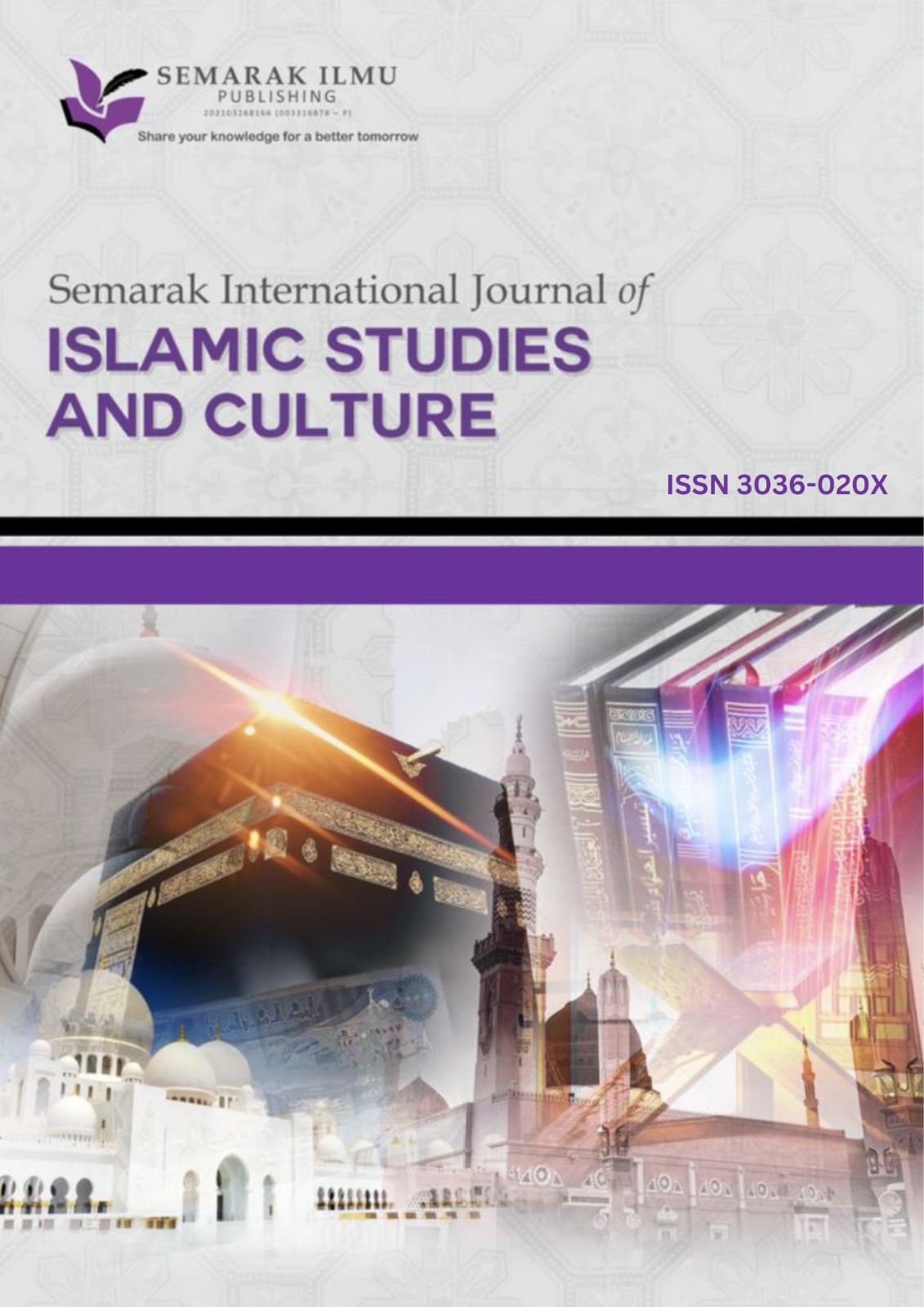Internal and External Toleration of the Tariqa Alawiyya towards Conversions to Shi’ism and Salafism
DOI:
https://doi.org/10.37934/sijisc.4.1.1833Keywords:
Intra-religious conversions, Tariqa Alawiyya, Shi’ism, Salafism, Ba’alawiAbstract
Studies on the Ba’alawi, a clan hailing from the Hadhramaut valley in Southern Yemen who claim to be descendants of the Prophet Muhammad, tend to discuss their association with the Sufi pathway known as the Tariqa Alawiyya and its influence on not only the Hadhrami society but also the Malay world. The Ba’alawi has successfully propagated their brand of Islam which is rooted in Sunni-Shafiʿi beliefs in the Malay world, as evident from the various Islamic rituals that Muslims in the region take part in which has its origins in the Tariqa Alawiyya. However, Muslims have been increasingly exposed to other forms of Islam such as Salafism and Shi’ism, resulting in the Tariqa Alawiyya having to vie for its legitimate place in the Islamic ideological battleground. Resultantly, many of the members of the Tariqa Alawiyya have moved from their autochthonous belief system to Shi'ism or Salafism. By reviewing the books either recommended or borrowed from 45 Ba’alawi individuals from Indonesia, Singapore and Malaysia on the Tariqa Alawiyya, this article seeks to understand the Tariqa Alawiyya views towards other belief systems and its perspective towards converts out of its path. Utilising Spinner-Halev’s model of religious toleration, this paper argues that though the Tariqa Alawiyya is externally tolerant and inclusive, welcoming of other belief systems into the fold of Islam, it is internally intolerant and exclusive, admonishing and proscribing its Ba’alawi adherents from converting out of the path. By doing so, the Tariqa Alawiyya ensures its continued preservation as a belief system in Islam.
Downloads














